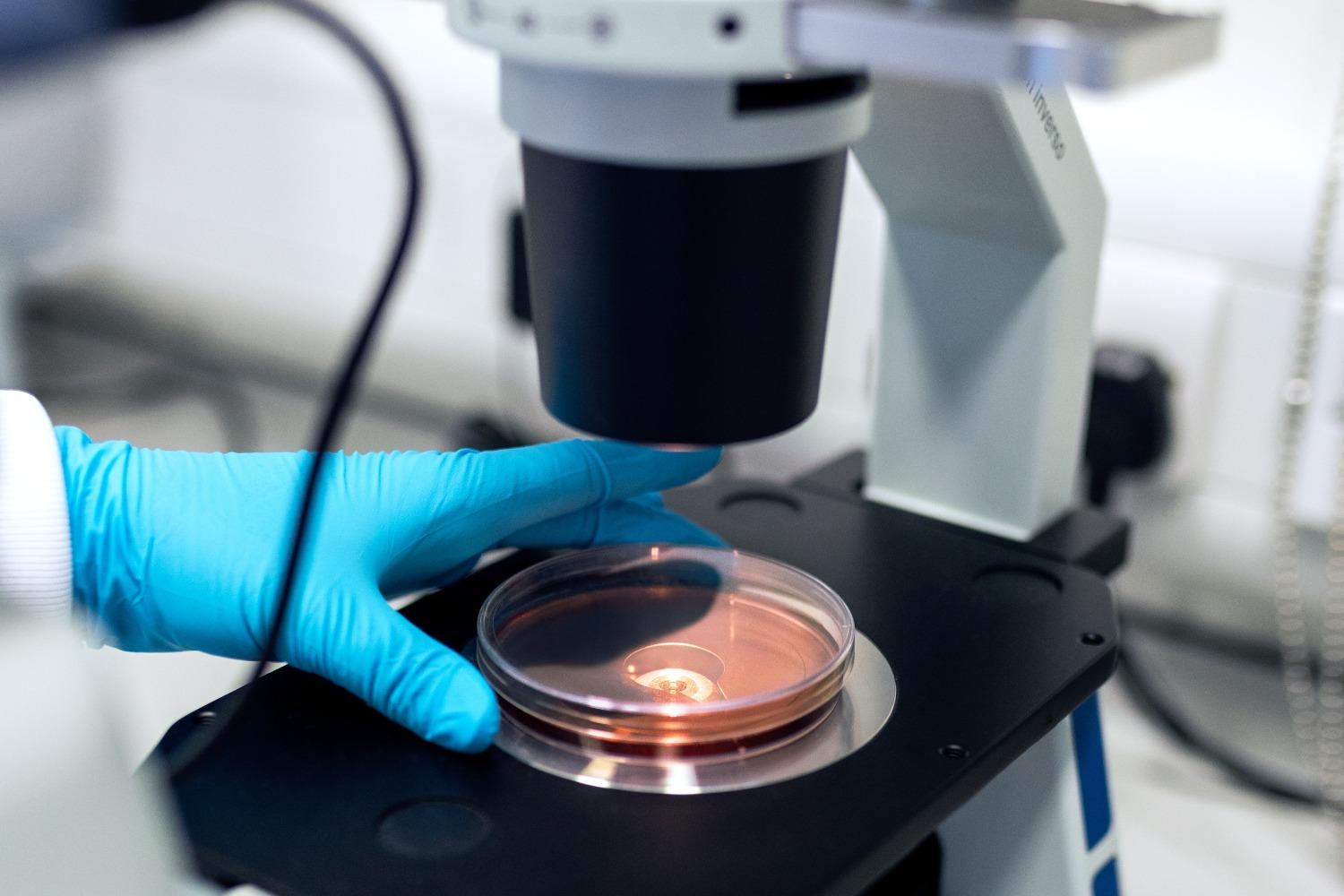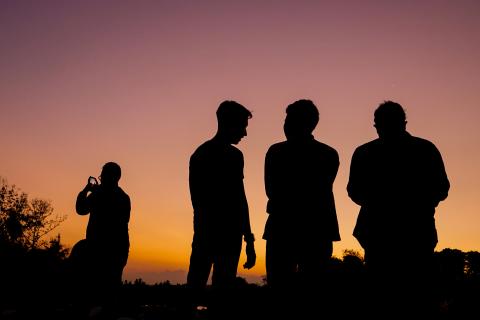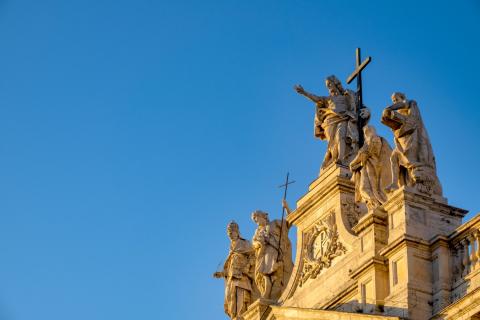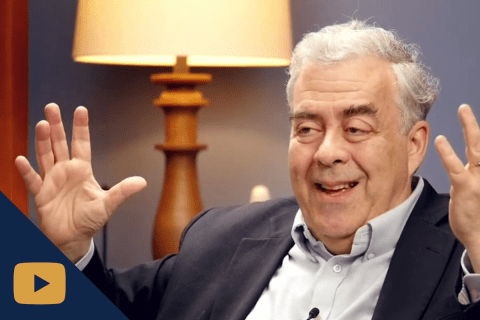
This letter to Catholic scientists continues the conversation from a previous article, "A Letter Concerning Catholic Physicists."
Dear C.,
I hope you don’t mind me intruding in on your conversation about what difference it would make if a professor of physics were a Catholic. As a Catholic microbiology professor, I have many thoughts about your question. I’ll focus on one element that I think other non-scientist interlopers might find fruitful for their own consideration.
In some ways, your question is not much different from the question of what difference would it have made if Anjezë Gonxhe Bojaxhiu decided to serve the poor of Calcutta as a generic social worker or as Mother Teresa. I’m pretty confident that she and her religious community have done far more for the poor of the world than had she chosen the former. Regardless, I am certain that her decision to serve the poor on behalf of God made her a saint. Similarly, while I think I could make a case for why I think a Catholic scientist is better than their non-Catholic peers, I am positive that I am a better man and scientist for being Catholic.
But there’s a catch. I don’t think that the gift of grace from Baptism makes me a better scientist. I must participate with that grace and live a life of faith as a disciple of Jesus Christ. I must live my faith at my work. As I write at my desk or pipette at the lab bench or teach in the classroom, I am offering my work like my priest offered the Mass this morning. You might say that I turn my work into a sacramental of the Eucharist. I offer my work for the intentions of my friends and family. I learned this mind blowing image early in my career from the homily, Passionately Loving the World, given by St. Josemaria Escrivá. You’ll never look at a college campus the same way after reading this homily!
If I’m going to offer my work as my prayer, as a sacrifice, what kind of work am I going to offer? Will it be like Cain’s or Abel’s? I do my best to offer God my best, my “first fruits,” by being thorough so that there are no “spots” or “blemishes” in what I offer. I solicit critiques to my work and answer them before calling it good enough. I learn to practice virtues like fortitude, temperance, orderliness, magnanimity, honesty, and others so that my work is the very best it can be. I also try to embed brief moments of prayer throughout the day to remind myself that I work in His presence. As you know, science is hard and we often run into knotty problems. No doubt God delights in me struggling with a problem without giving up. I’m also sure He loves it when I lift my arms to Him to tell him I’ve done my best but I need His help. I am not perfect in any of this, but the moments of greatest satisfaction have come from this type of dialog with God throughout the day. After showing God what I have found or done, I can picture him smiling knowingly like I do when one of my kids reads a sentence with tremendous pride.
So what difference does it make to my work as a microbiology professor that I am Catholic? It makes all the difference. I hope you and others can look at your own day and see how you might convert your desk, lab bench, or lecture hall into an altar and make a pleasing offering of your work to God. This is the path that we will take to being the saints that our world desperately needs.


